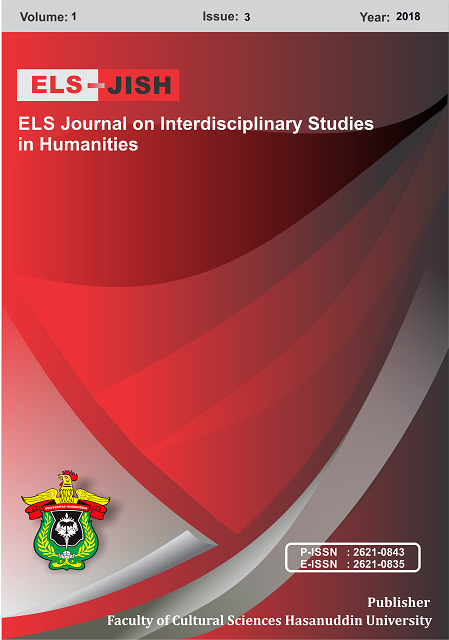Using Spolsky’ Model in Examining Malaysia’s National Language Policy
DOI:
https://doi.org/10.34050/els-jish.v1i3.5078Keywords:
Language Policy Theory, Spolsky’s Language Policy Model, Language Planning, Language Management, National Language, National IdentityAbstract
Malaysia gained its independence on 31 August 1957 after the British Empire have fully relinquished its colonisation on the land. As with any newly independent polity, one of the ways for Malaysia, a multi-ethnic country, tries to establish its national identity is by establishing a language policy. This paper will examine Malaysia’s language policy planning using Bernard Spolsky’s (2004) model proposed in his book ‘Language Policy’ published by Cambridge University Press in 2004. In the book, Spolsky (2004) theorised that there are four major motivations that influences the decision of a country’s language policy planning. These four major motivations are, the sociolinguistic situation of a country, a country’s national identity or ideology, the effects of English as the language of a wider communication, and minority linguistic rights. In the case of Malaysia, each of Spolsky’s (2004) four forces does seem to have an impact on Malaysia’s language policy planning and the forces are very intertwined with each other. Malay as the dominant ethnic group in a sense has influenced the language chosen as the national language. However, being a diverse country, this decision does pose an issue at creating a national identity among its people. At the same time, English being the past colonial language and at present, the language for wider communication has caused Malaysia’s medium of instruction in public education policy to be seen as oscillating back and forth between Malay and English. On the other hand, minority linguistic rights in Malaysia has a long way to go since only certain indigenous languages are taught as elective subjects in schools.






